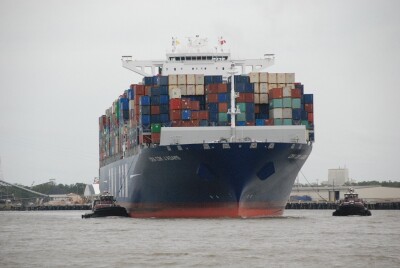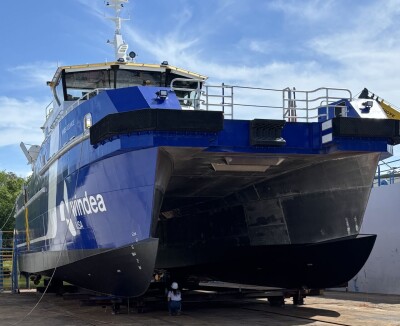As U.S. maritime companies struggle to find viable solutions for filling vacant job positions, one idea that has surfaced recently is hiring foreign mariners.
The concept of creating a pathway for foreign mariners to enter the U.S. legally to work in the industry and be on track for citizenship has gained some steam in recent months. It was discussed briefly at Marine Money’s 2023 Marine Finance Forum held Nov. 30 in New Orleans and has been the focus of growing debate among shipping companies, unions and within the U.S. government.
“There needs to be a national maritime strategy,” Sam Norton, president and CEO of Tampa, Fla.-based Overseas Shipholding Group (OSG) said at the forum. “It won’t be solved without immigration. I think virtually every industry in the U.S. with significant [labor] problems has solved it with immigration. There are markets around the world with tremendous pools of qualified mariners.
“I’m not talking about bringing in international labor to substitute for U.S. workers. I’m talking about a sponsorship program for those who have the skillsets that are necessary for this industry. I’m pushing for that very hard in Washington.”
The concept, he said, is to develop and implement a targeted visa program that would offer a fast track to citizenship for skilled mariners who would receive wages and benefits equal to those offered on U.S.-flag vessels.
Such a plan has also piqued the interest of the inland barge industry, which has been hit hard by the worker shortage. Norton makes “a pretty good point,” said Del Wilkins, a vice president at Canal Barge Co. and president of Illinois Marine Towing, a CBC subsidiary. “I think there’s something there” to pursue.
Marine labor unions are not onboard, however. “Opening the door for non-U.S. citizens to work aboard U.S. vessels does nothing to solve the root cause of the problem,” Adam Vokac, president of the Marine Engineers’ Beneficial Association Union (MEBA) said in a recent statement. “In fact, it would be the final nail in the coffin of the U.S. Merchant Marine.”
He suggested that relying on immigration would “suppress industry wages and the quality of work while driving away any hope of recruiting and retaining aspiring cadets and seamen who want to pursue a lifelong, prosperous career in shipping.”
Instead, shipping companies, many of which make money from the federal government moving U.S. military cargo, should improve wages, retirement, and quality of life for their workers, Vokac said.
Norton argues that immigration is only one approach to address a highly complex labor problem and would just be a temporary action.
It’s an interesting proposal but unleashes many thorny issues such as protecting domestic labor, increasing wages to match inflation, lengthening the workday to offset labor shortages, and integrating foreign mariners into U.S. work cultures.





